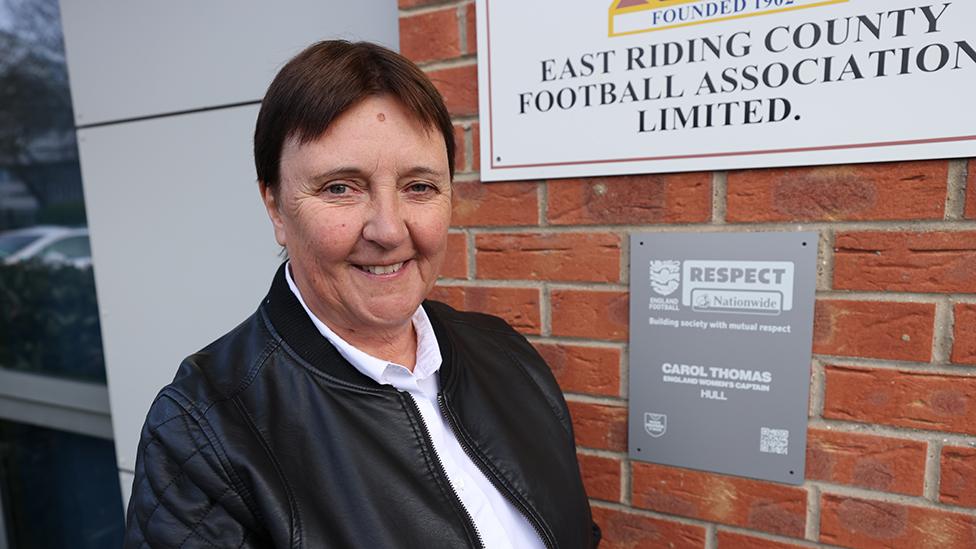Euro 2022: 'Lost Lionesses' hail Euros history-makers
- Published
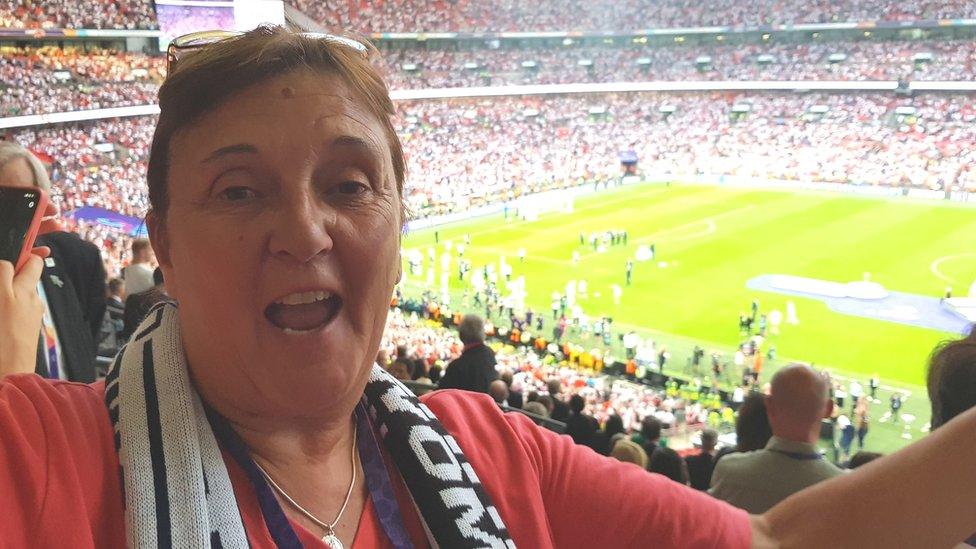
Former England captain Carol Thomas saw the Lionesses being crowned European champions for the first time at Wembley Stadium
The first woman to captain the Lionesses in a European final has spoken of her pride at the current generation's success.
Carol Thomas, who was the first English woman to reach 50 international caps, skippered the team for nine years before retiring in 1985.
Watching the side being crowned European champions for the first time at Wembley Stadium, she said there "wasn't a dry eye in the house".
"A fantastic achievement," she said.
The scenes in London, where more than 87,000 spectators crammed in to the ground, were "absolutely amazing", according to the former defender.
"In the last few seconds, I was just watching the referee and when she put a whistle to her mouth, I stood up and and the whole stadium just erupted.
"I was very proud and it was very emotional."
Euro 2022 highlights: England 2-1 Germany
Ms Thomas, from East Yorkshire, made her debut for the national team in 1974.
She captained the squad in 1984 when England played Sweden in the final of the first European Women's Championship.
Back then she had to seek special permission from employer, Northern Dairies in Hull, for time off to play in Sweden, while her husband did not even travel there because they "couldn't afford" the costs.
"I'm so so proud. I mean not only myself but the women of my era, the early 70s and 80s and certainly the 1984 squad when we got to the first ever Euros final.
"We are just so proud to be that small part of the Lionesses story and I like to think that we are that little small stepping stone to where they are today."
Mrs Thomas said she was also delighted to see how far women's football had come.
"Hopefully it's just going to keep moving onwards and upwards," she added.
Echoing her jubilation was South Yorkshire-born former Lioness Chris Lockwood, who was also among the throng at Wembley Stadium.
"It was a joy I can't tell you how wonderful it was to experience that and when I came home last night, I stayed up till three o'clock watching it all again," she said.
"I'm so proud of them."
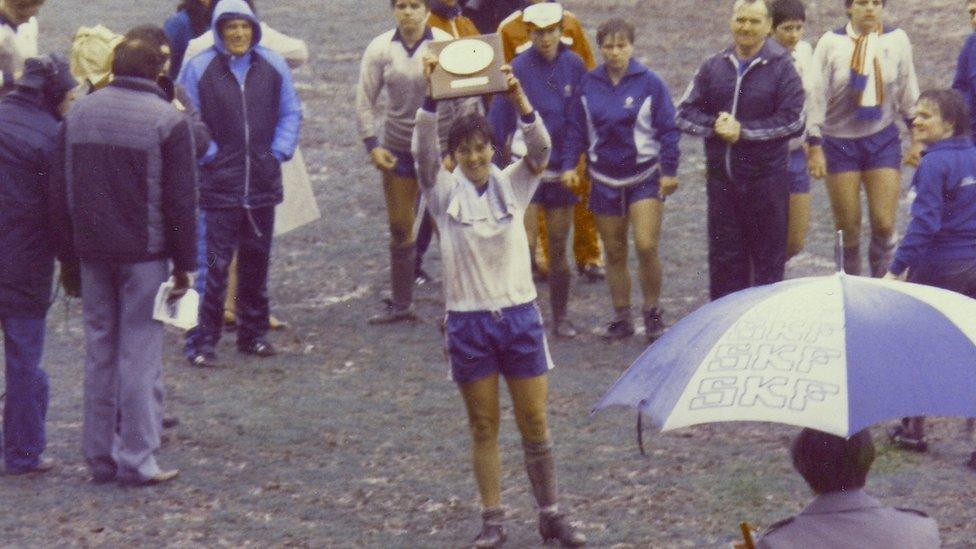
Carol Thomas lifting the runner-up trophy following England's defeat to Sweden in the 1984 Euro finals
One of the "lost Lionesses", Ms Lockwood, now from Bedfordshire, was part of the England team in the 1971 Women's World Cup in Mexico, when women's football was banned.
Ms Thomas said attitudes towards women and young girls playing football had improved in recent years.
But, she hoped the victory meant women's sport would be taken more seriously and create an impact at grassroots level.
"When I first got into the team, I think by a lot of people it was still sort of frowned upon for women to play football.
"But we sort of ignored a lot of the comments and just got on with playing women's football and trying to promote it in as best we could.
"There's so much encouragement for it now and certainly in my area - East Riding - it's great."
Ms Thomas said starting playing young was key.
She explained: "We need to get it more into schools so it's available for the young girls to play... if they want to and it's down to grassroots football.
"If we can get our grassroots available for these youngsters, it can only be good for the game."
While women's football had "definitely moved on", Ms Lockwood said the legacy of the Lionesses' victory would be giving all children the chance to play football in schools.

Follow BBC East Yorkshire and Lincolnshire on Facebook, external, Twitter, external, and Instagram, external. Send your story ideas to yorkslincs.news@bbc.co.uk, external.
Related topics
- Attribution
- Published1 August 2022
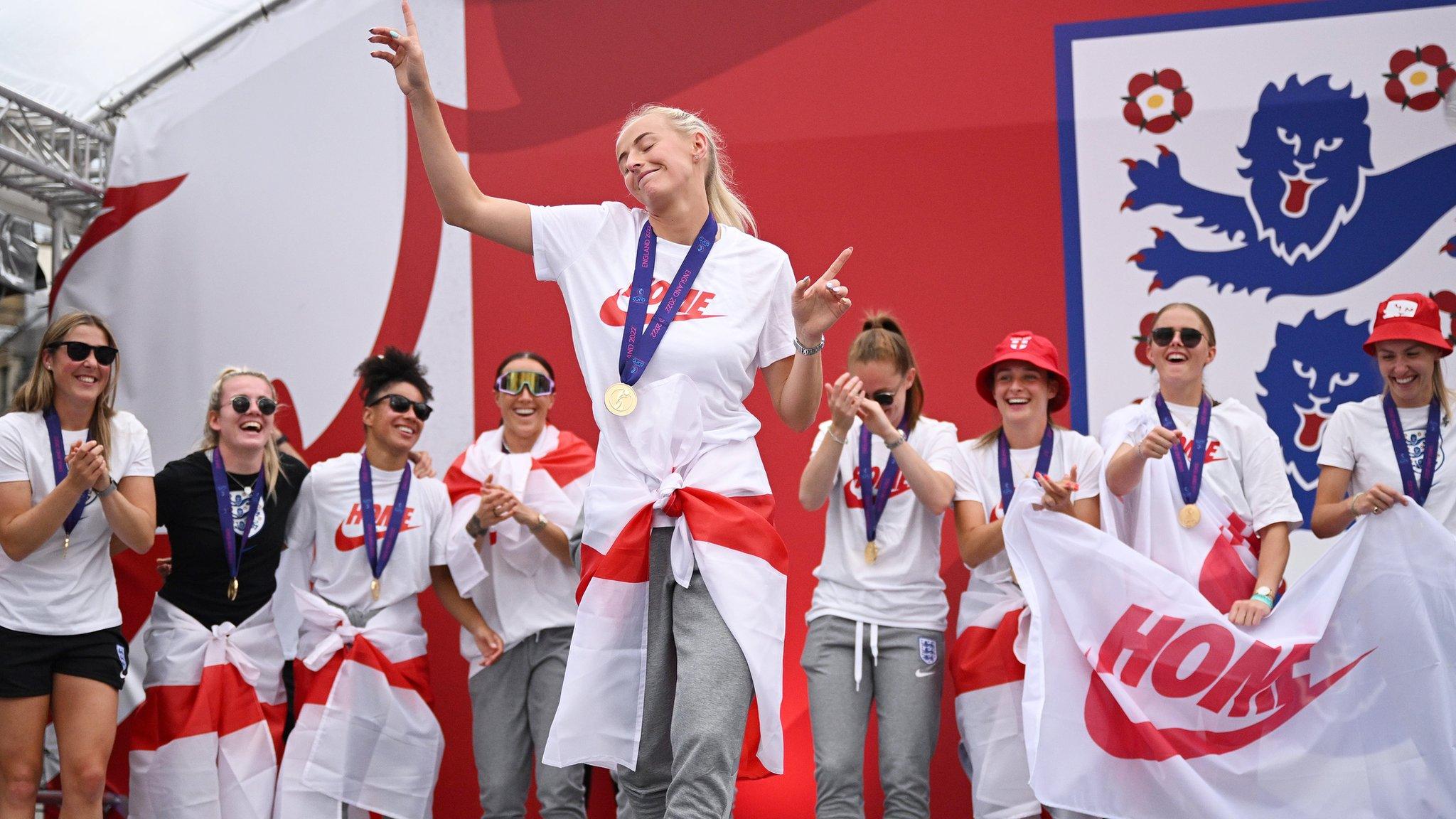
- Attribution
- Published1 August 2022
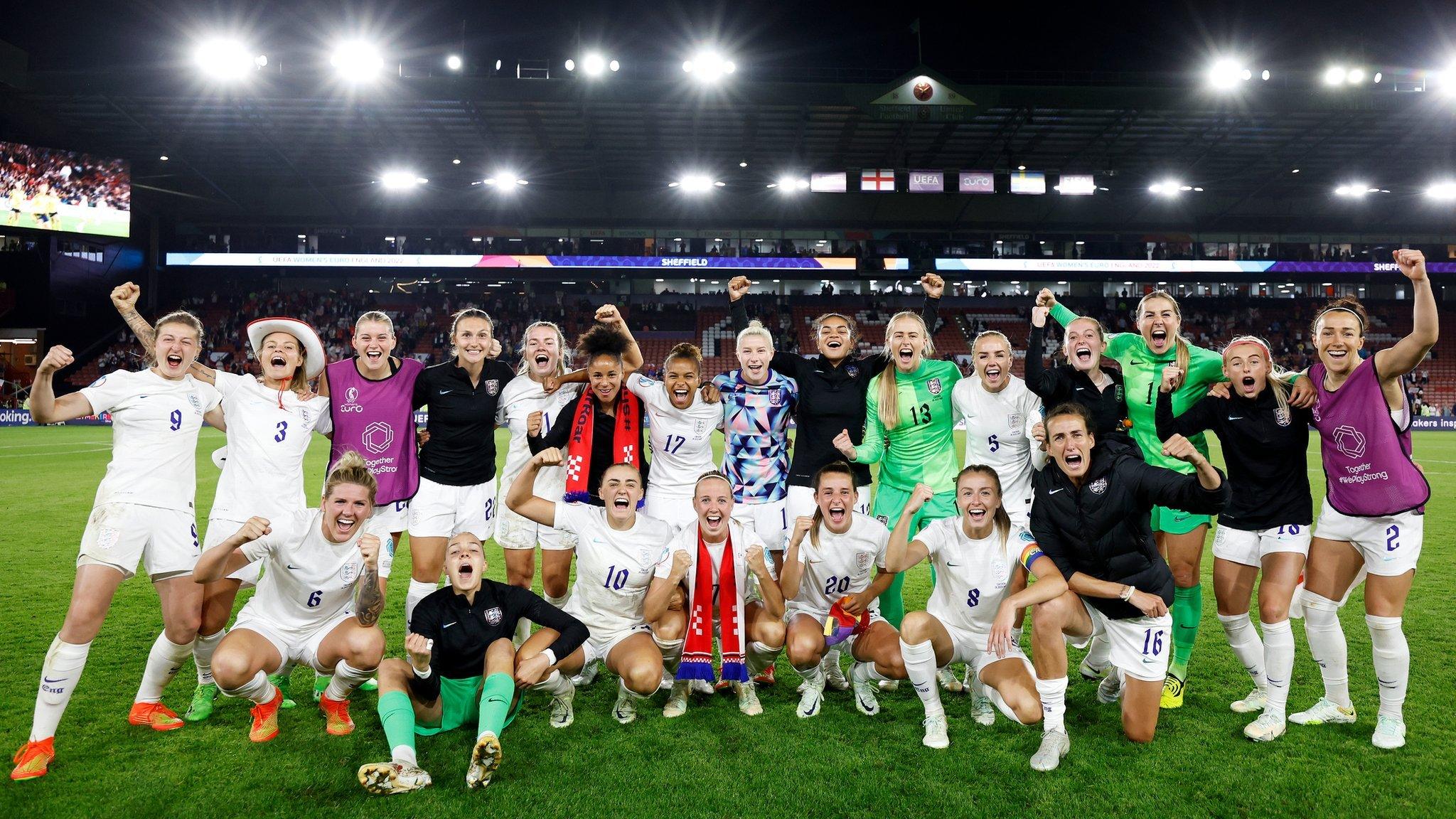
- Attribution
- Published31 July 2022
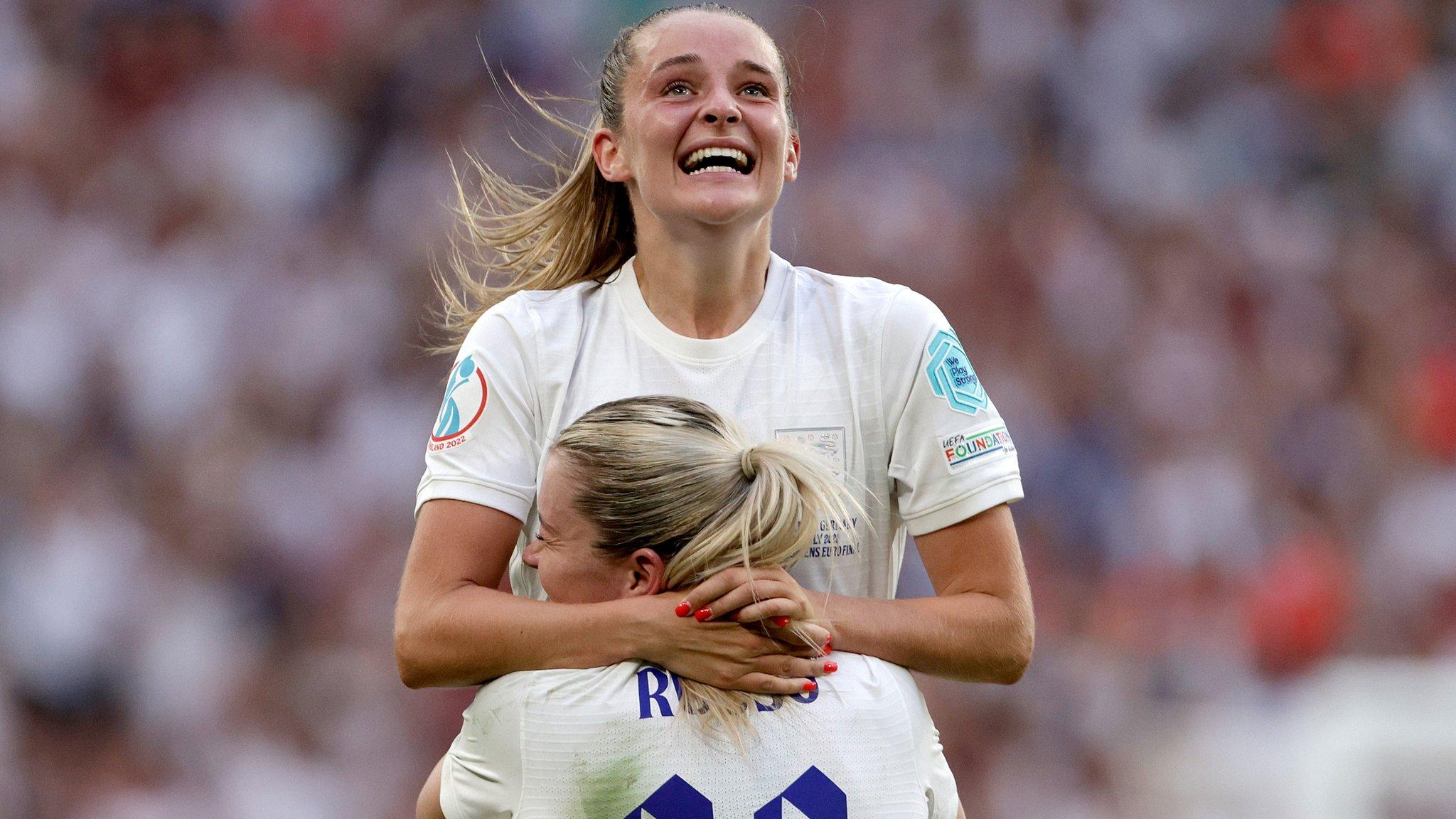
- Published6 April 2022
